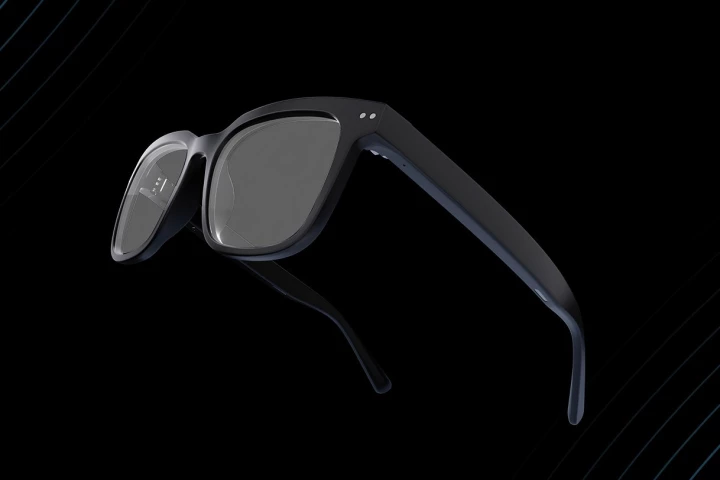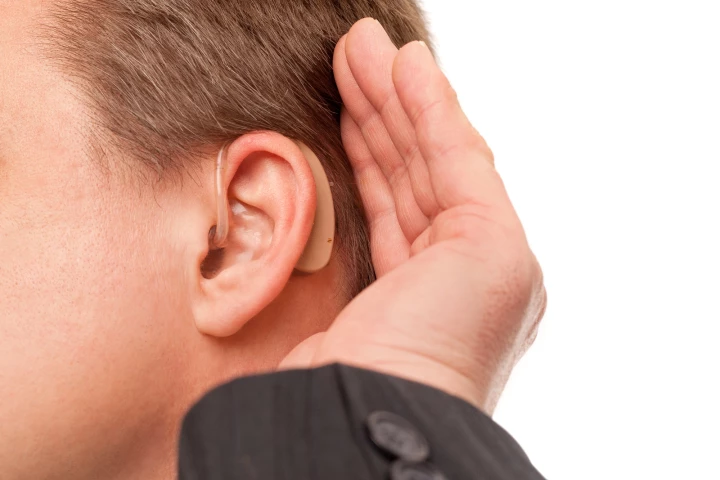Hearing
-
Some people don't like listening to music. There is nothing wrong with their hearing, but for some strange reason music gives them no pleasure. New research suggests this points to a unique disconnect between the brain’s auditory and reward networks.
-
Scientists have uncovered an odd superpower triggered by tapping your finger to a beat – it may help you understand someone talking to you in a noisy place, like at a busy cafe. While it sounds a little woo-woo, there's emerging science behind it.
-
If you have the persistent tone in your ears known as tinnitus, you'll want to pay attention to a new study that shows a link between certain foods and a reduction in risk. The finding offers a potentially easy way to get some peace and quiet.
-
You could compensate for broken speakers by cranking up the volume on others that still work. It turns out that the brain does the same thing when damaged hair cells in the ear lead to hearing loss – and this could be causing your tinnitus.
-
These glasses from Nuance Audio hide clever tech in the frame to help you hear better in noisy environments, without the need for traditional in-ear hearing aids. They'll run for 8 hours on a charge, and are indistinguishable from regular glasses.
-
Genetic studies have revealed that when male mosquitoes lose their hearing, they also lose their sex lives. The surprising discovery could lead to new ways to reduce mosquito populations and the diseases they spread.
-
Noisy environments pose a challenge to deaf people, particularly when they're trying to discern what a specific person within such a setting is saying. AirCaps glasses are designed to help, by providing real-time captioning to the wearer.
-
Increasing the expression of a protein responsible for maintaining neuron health led to better-than-normal processing of auditory information, according to a new study. The findings open the door to new treatments for some forms of hearing loss.
-
Combining magnetic properties relied on in traditional Chinese medicine with contemporary knowledge about the gut microbiome, researchers have developed a novel oral treatment to prevent and repair hearing loss caused by noise exposure.
-
A breakthrough clinical trial using gene therapy has restored hearing to five children born deaf. After six months, the children were able to recognize speech and hold conversations, raising hopes for wider use in the near future.
-
Back in 2018, scientists at Duke University discovered that each time our eyes move, our ears make an imperceptible squeaking noise. Now, the researchers have developed a method of telling where a person is looking by analyzing those sounds.
-
Even when using a hearing aid, it can be quite difficult for deaf people to make out specific individuals' voices in noisy environments. The new SpeakerBeam system could help, by automatically recognizing and boosting a select person's voice.
Load More











